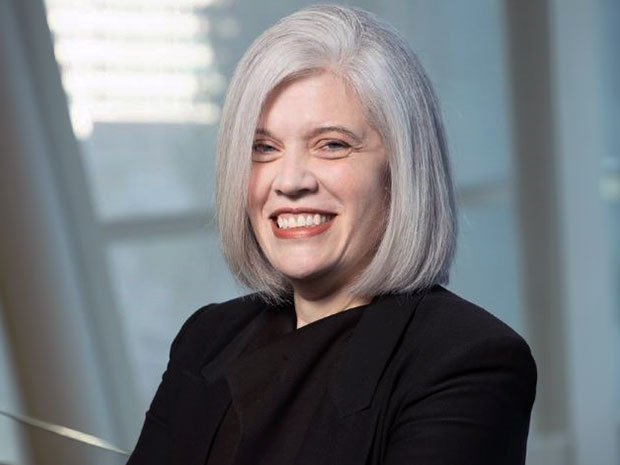Aligning on a transition road map
RSM advisors interviewed key family members and family office leaders to understand their needs and goals for the transition. Using RSM’s Rapid Assessment methodology, our advisors worked with the family to sketch out a phased approach to achieve immediate corrective measures and gradual business process improvements in alignment with their overall governance framework.
“By starting with the assessment, it took only one conversation to lay out the project plan,” said Christina Churchill, a principal in management consulting at RSM US. “Transition management often hinges upon critical choices affecting people and processes, so delivering detailed insight empowers clients to make informed decisions. It’s about building trust and helping families get to where they want to be.”
The assessment was also helpful in illuminating how the accounting office’s paper-based processes were resulting in unnecessary hours that drained resources. At the family’s request, RSM advisors went to work identifying gaps between the back office’s current state and leading practices to help create a modern accounting function focused on streamlined digital systems to sustain long-term success for the enterprise.
Modernizing for future generations
The family’s main concern was taking care of their people; in particular, they wanted RSM’s help with retirement and transition planning for longtime staff members who chose not to relocate with the office. The focus soon broadened to encompass a human capital strategy for the enterprise to attract and retain top talent.
The RSM team introduced the family to an experienced recruiter who led an executive search for a new controller. The incoming leader and family chose to invest in an advanced enterprise resource planning (ERP) system that would enable the conversion of paper documents to electronic record-keeping. RSM advisors were on hand to help with system selection and implementation.
“After discovering that 100% of the family’s knowledge source was sitting in that building—literally stacks of paper—we knew that establishing an efficient and secure documentation process that could move with the family was a priority,” Churchill added.
Streamlining through automation
The software application of choice turned out to be Microsoft Dynamics 365, a cloud-based tool that combines the technologies of traditional ERP and customer relationship management solutions into a single system. The advanced technology allowed for critical processes to be streamlined and introduced a new level of convenience to the family office.
For example, previously there was no centralized email system, which meant information was shared via personal email accounts, posing multiple security risks for the business and the family. Our technical advisors created custom domain email addresses to provide greater privacy, security and control over personal and company information. The new software also supported mobile options to meet the family’s travel needs.
When the family decided to outsource its tax work to RSM—which included over 200 trusts—we leveraged the new system to automate multiple processes. Our advisors also worked with vendors on transitioning to electronic invoicing, which aided data validation and reconciliation while shortening the month-end close timeline from day 20 to day five. During this process, several items came to light that led to opportunities for the family to recuperate funds, strengthen controls and streamline procedures.


